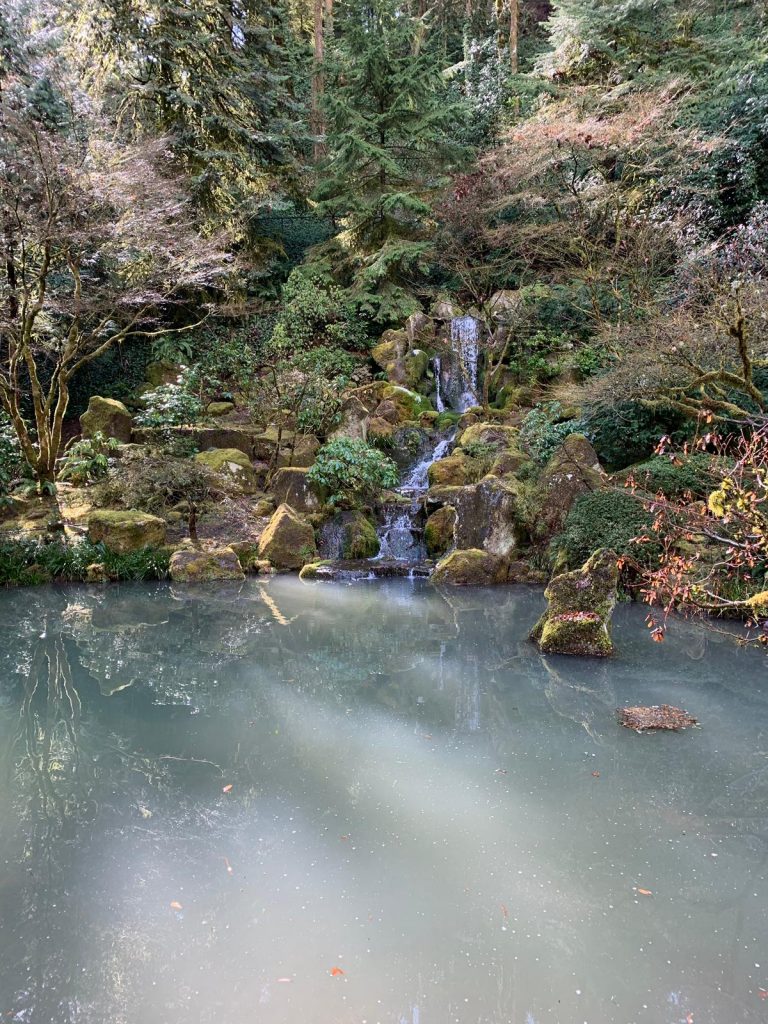The morning stars are burning brightly
while the surrounding sky lightens and obscures.
A waning moon is
setting while the sun rises,
the light building as the darkness gives way.
In witness to this graceful celestial shift,
My heart is expanding, warmed with fullness.
Waking to this wholeness,
Possibility is palpable,
Gratitude overwhelming.
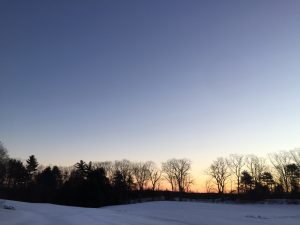
Under a dawn sky, when I witness night and day converging, I feel hope and expanded capacity. My breath grows deeper. I suspect I am drawn to an awakening sense of wholeness and balance, the not so subtle reminder that everything ebbs and flows.
Anything I experience as a static moment is actually a constant flow of time, element, action, and imagination. I am still learning not to grasp at any one aspect. It takes practice and regular remembering to simply remain present to their unfolding. There, in the fluidity, is unlimited possibility and opportunity. There, in the spaciousness, is common ground – ample space for light and dark, right and wrong, self and other. There is no pride, no pretense of winning or losing. The balance is simply shifting. Night gives way to light and, in turn, light will fade into night. The sky at dawn shows the way. There is room for it all.
Prophets and poets show the way too. With their arms stretched wide and carefully chosen words, they point to the common ground in the world’s disparities. Today, I am especially remembering Mary Oliver and Martin Luther King Jr. With gifts of insight and generosity, they showed us how to love the earth, love ourselves and love one another, in full awareness and appreciation of both the dark and the light. It is our human birthright to each continue this work daily, striving always to love more fully.
We are on the right track when the heavy stench of decay meets the light fragrance of new buds. We are on the right track when we are rising to greet the dawn sky and the night stars are still gleaming in the morning sky. We are on the right track when our own awe and gratitude and love rise with the sun.
… And I have become the child of the clouds, and of hope.
I have become the friend of the enemy, whoever that is.
I have become older and, cherishing what I have learned,
I have become younger.
And what do I risk to tell you this, which is all I know?
Love yourself. Then forget it. Then, love the world.
From To Begin With, The Sweetgrass by Mary Oliver
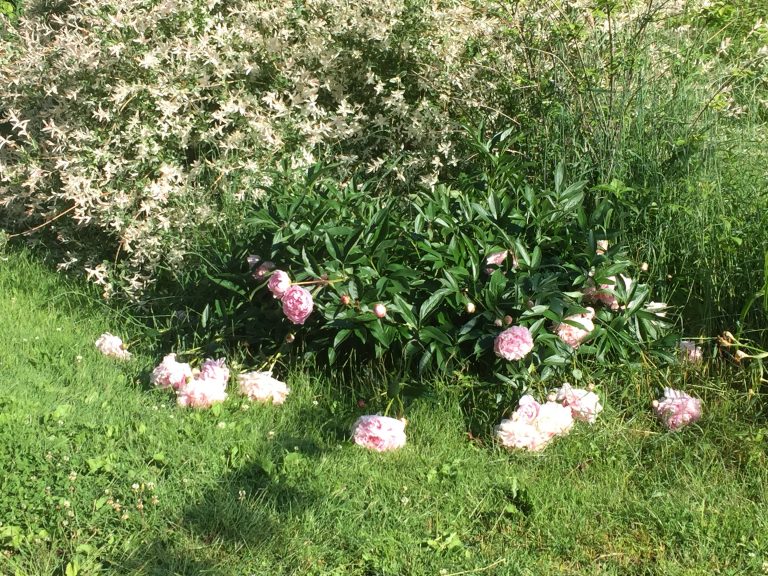 The peony blooms opened just days ago,
The peony blooms opened just days ago,
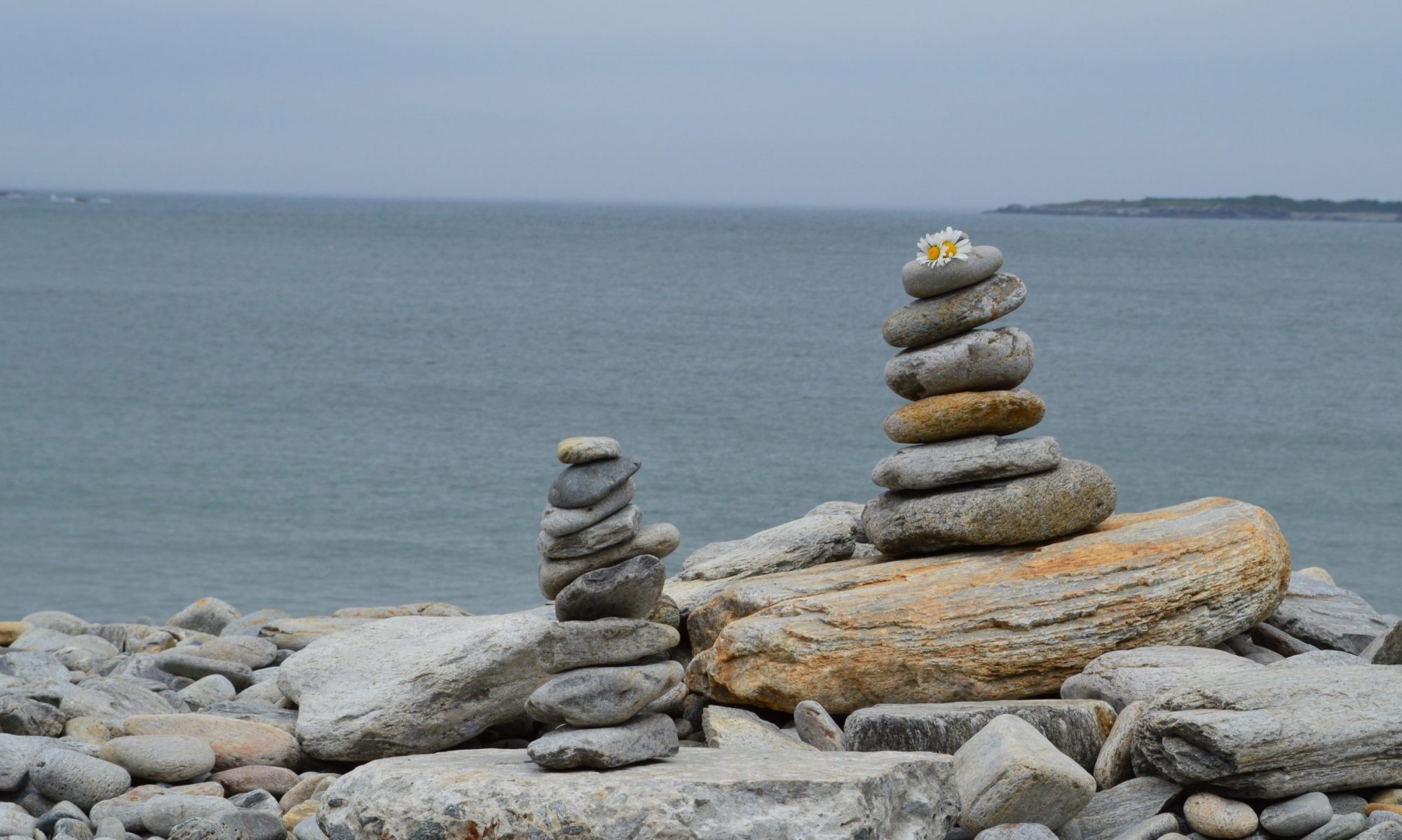
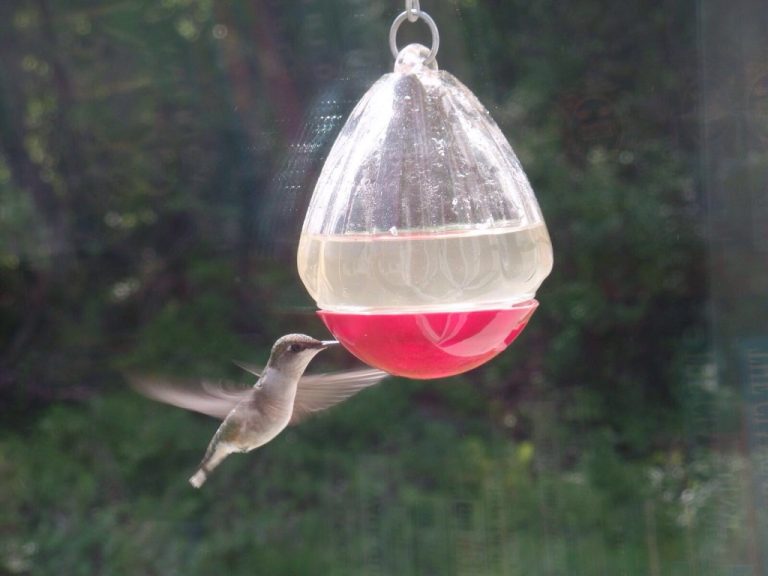
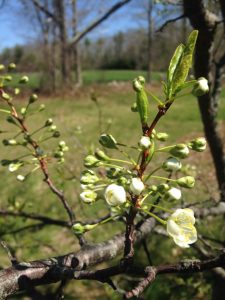 I find myself wondering if the hummingbird’s cooperation at the feeder is a response to the scarcity of resources this season. Watching their dance, it is clear that they are aware of one another and of the shared resource of the feeder. I wonder if humans can learn to respond to scarcity by sharing as well. It makes me smile to imagine the humans with plenty bowing out and dancing to the outer edge, making room for others to acquire life-sustaining resources. Rather than continually striving for more, we can pause and make space before dancing away with the joy of sharing.
I find myself wondering if the hummingbird’s cooperation at the feeder is a response to the scarcity of resources this season. Watching their dance, it is clear that they are aware of one another and of the shared resource of the feeder. I wonder if humans can learn to respond to scarcity by sharing as well. It makes me smile to imagine the humans with plenty bowing out and dancing to the outer edge, making room for others to acquire life-sustaining resources. Rather than continually striving for more, we can pause and make space before dancing away with the joy of sharing. 